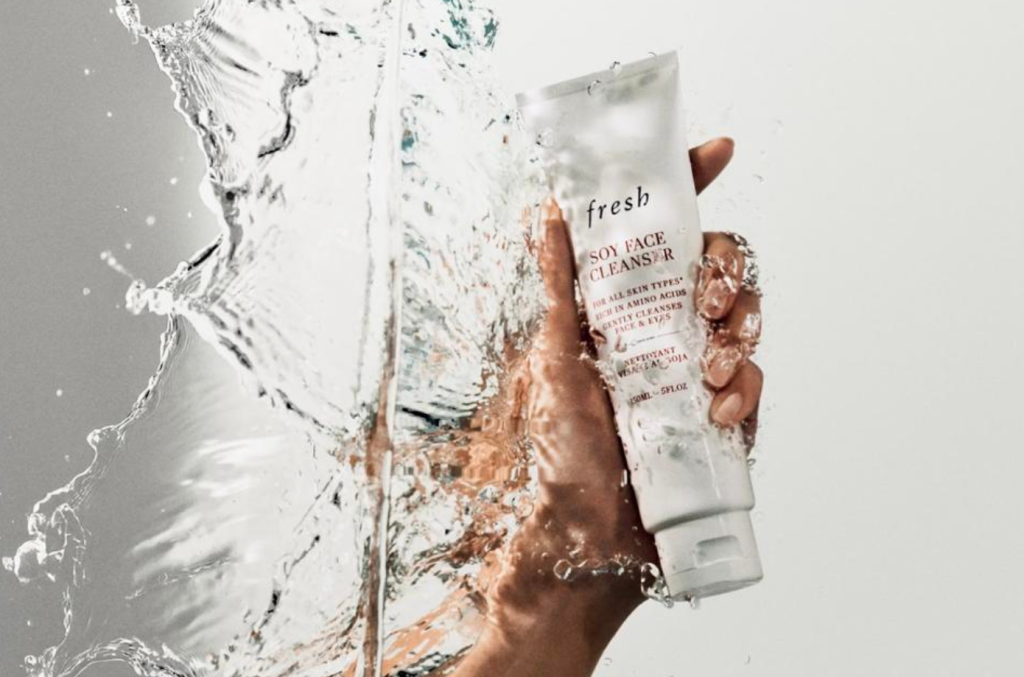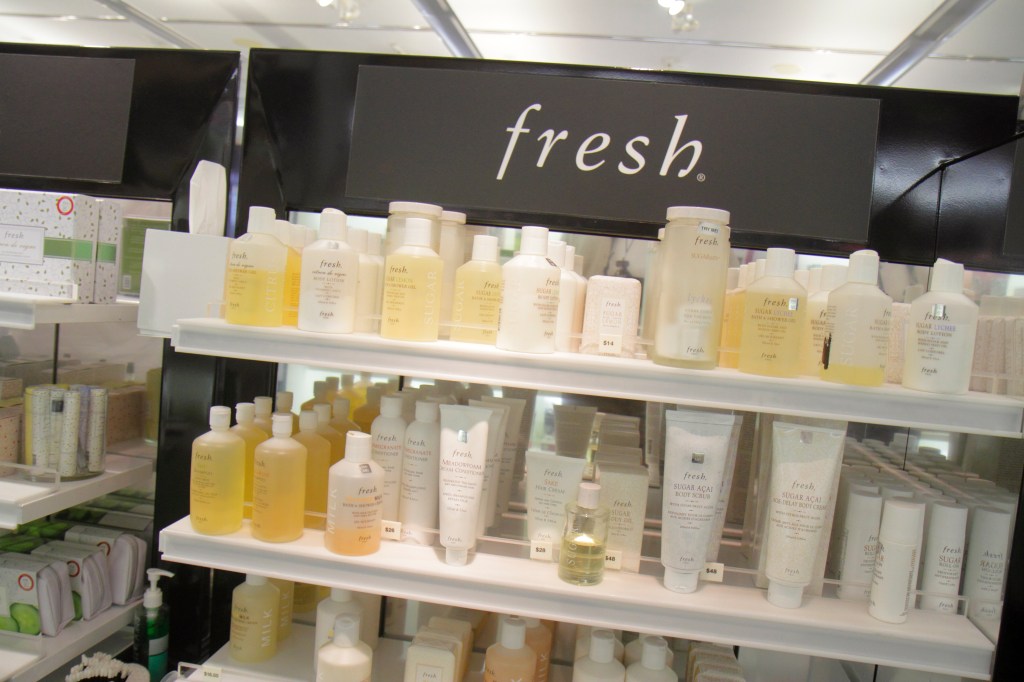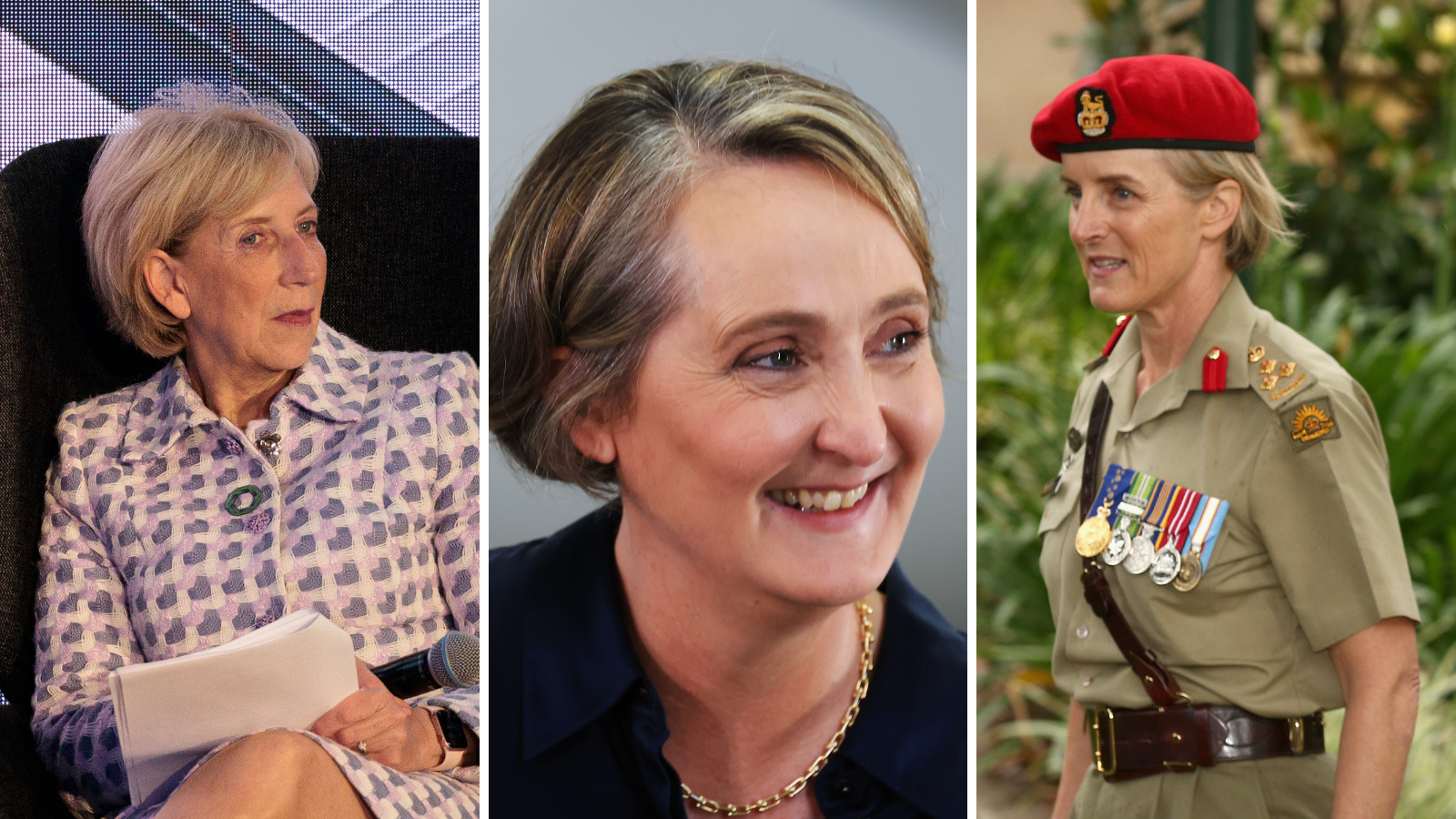Lev Glazman and Alina Roytberg streamlined their product lines and focused on Fresh, laying the foundation for the eventual acquisition by LVMH and massive global success.

When Lev Glazman and Alina Roytberg, the visionary founders behind Fresh Cosmetics, nearly lost their burgeoning beauty empire to a side project, they learned a hard truth every entrepreneur eventually confronts: saying yes to the wrong opportunity can be far more dangerous than saying no to the right one.
Their cautionary tale, a powerful lesson in the perils of diluted focus, is one we explore in depth on The Failure Factor podcast. As Roytberg revealed in our conversation, “We neglected our baby. All of a sudden, we took our head away from Fresh and focused on Index… It was a major diversion from our focus.”
The allure of newness
Fresh, now a globally acclaimed skincare brand, started from a simple, unmet need. Glazman craved a natural, clean, and sensorial yet effective skincare product he couldn’t find. Partnering with Roytberg, who had a background in fashion and a shared passion for indulgence, they decided to create it themselves.
With just $10,000 borrowed from family and zero business experience, they opened a small boutique in Boston. Their first day brought in $707—a number so thrilling, they still remember it clearly today. Early years were initially a struggle, a cycle of debt and repayment, until their handmade soaps began to fly off the shelves. Within two years, they were selling out at Barneys in days, revolutionising clean beauty before the term even existed.
Their success caught the attention of luxury retail giant Barneys, leading to a pivotal deal. “And that’s where really the big next step happened to us,” Glazman recalled on the podcast. “When Barneys saw the products and they immediately fell in love with them. They put them in three stores, and they literally sold out within days.”

Iconic retailer Bergdorf Goodman caught wind, and offered Glazman and Roytberg a deal that felt too good to pass up. The only problem? They had an exclusivity agreement with Barneys.
Instead of saying “no,” Glazman and Roytberg got creative. To honor their Barneys agreement while seizing the Bergdorf opportunity, Index was born. “We can’t give you Fresh,” they told Bergdorf, “but what if we create something just for you?” On the surface, it made perfect sense. The catch? As I often remind my clients, saying “yes” to something new means saying “no” to something existing. “We neglected our baby,” Glazman admitted. “All of a sudden, we took our head away from Fresh and focused on Index… It was confusing, and it just didn’t resonate.”
The high cost of overcommitment
As a therapist and executive coach, I’ve seen countless entrepreneurs get distracted from their core mission. We’re wired to overestimate our capacity and underestimate the toll overcommitment takes. Further, in a society that glorifies busyness, we’re at risk of confusing chaos for productivity or saying “yes” for fear of missing out.
But for founders, resisting this urge isn’t just about efficiency; it’s about safeguarding your vision and protecting your brand. And as the Fresh story illustrates, taking on too much dilutes your focus and often leads to burnout.

Research from the American Psychological Association confirms that context switching can reduce productivity by up to forty percent. The brain isn’t built for heavy-duty multitasking, especially with complex tasks. For Fresh, this meant their original brand—the one customers were falling in love with—began to suffer. While competitors gained ground in the emerging natural beauty space, Fresh was splitting its limited capital and attention between two brands, confusing its own customers.
Index struggled, and Fresh, once a sensation at Barneys, lost momentum. “We took the eye off the prize,” Roytberg shared. Glazman and Roytberg made the difficult but necessary decision to shut down Index. “It was a major diversion from our focus. We were trying to be everything for everyone, and in the end, it wasn’t working,” Glazman stated. This painful realisation led to their “Fresh Unification Process,” a full-force return to their core vision.
Doing less on purpose is how you do more that matters
Choosing less, intentionally, isn’t about deprivation or rejecting every opportunity. It’s about alignment and making deliberate choices rather than reacting reflexively or overcommitting compulsively.
Ask yourself:
- What do I stand for, and what are my core objectives?
- What is my current “Index”—the distraction pulling me away?
- Am I saying “yes” out of fear or genuine conviction?
- Does this choice support the life and business I actually want?
Intentionality anchors you. During times of struggle, a clearly defined purpose is your steadfast guide. Killing Index was a tough call, representing three years of investment and significant capital—but it ultimately saved Glazman and Roytberg’s company. They returned home to Fresh, streamlining their product lines into a cohesive brand, laying the foundation for their eventual acquisition by LVMH and massive global success.
Honour your roots while evolving
Sometimes, the best way to move forward is to remember why you started. We often launch projects with fiery passion and a clear vision, but then “noise” creeps in—trends, competition, metrics, and unexpected difficulties. Before we know it, we’re building something that no longer feels like our own, leading to exhaustion and the temptation to chase the next “shiny object.”

If you find yourself making transactional decisions rather than moves tied to a deeper mission, or mimicking competitors instead of leading from your core values, it might be time to pause and filter your actions through your original “why.”
Great ideas don’t expire; they evolve while staying rooted in what made them special. In the spirit of honouring their early vision, Fresh is reintroducing their Soy Cleanser—a product that has been a staple for twenty five years—with their new campaign: “Beyond Clean.”
Fresh’s story powerfully underscores the importance of strategic focus. Today, as an LVMH brand, that same Soy Cleanser sells globally every sixty seconds. The founders who once were ecstatic over $707 now rule a beauty empire that generates more than seventy five million annually.
Their lesson? Don’t just scale, refine. Don’t just grow, deepen. In a business landscape that rewards focus over diversification, sometimes the most powerful strategic move is knowing when to cut your losses and double down on what works.
Megan Bruneau, M.A. Psych is a therapist, executive coach, and the founder of Off The Field Executive & Personal Coaching. She hosts The Failure Factor podcast featuring conversations with entrepreneurs about the setbacks that led to their success. Listen to her episode with Fresh founders Alina Roytberg and Lev Glazman on Apple and Spotify.
This article was originally published on forbes.com and all figures are in USD.
Look back on the week that was with hand-picked articles from Australia and around the world. Sign up to the Forbes Australia newsletter here or become a member here.


